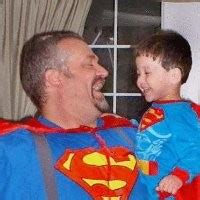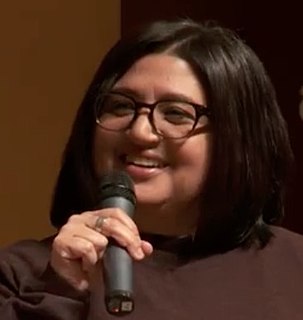A Quote by L. Ron Hubbard
Learn to write when you would rather sleep. Learn to exercise this gift of language when no conscious portion of your wits can vibrate anything but worry. Learn to write so, my son, and you can call yourself a writer.
Related Quotes
I don't think anybody can teach anybody anything. I think that you learn it, but the young writer that is as I say demon-driven and wants to learn and has got to write, he don't know why, he will learn from almost any source that he finds. He will learn from older people who are not writers, he will learn from writers, but he learns it -- you can't teach it.
When you learn to read and write, it opens up opportunities for you to learn so many other things. When you learn to read, you can then read to learn. And it's the same thing with coding. If you learn to code, you can code to learn. Now some of the things you can learn are sort of obvious. You learn more about how computers work.
Advice? Focus on the craft. Study the greats. Try and understand how and why they made the writing choices they did. Then, start by copying them...just as an exercise. See if you can do similar things. Learn how to write a song like so and so. Then, when you've done that, write a song like yourself. Learn to color within the lines before going outside them.
Even my colleagues don't read classic criticism. And my feeling is that if you don't do that then you're not really practicing your craft. That's how you learn how to do it. You don't learn how to write about jazz just from listening to jazz. You learn how to write by reading the great writers and how they worked, the great music critics.
You go out into the world, you read everything you can read, you imitate the things you love, and you learn how hard it is to do. Eventually, you learn your own vision of the world, you learn your own voice and how to hear it, and you learn to write your own work. Writers today have as many opportunities as my generation did, but they don't see the examples as clearly as we did.



































